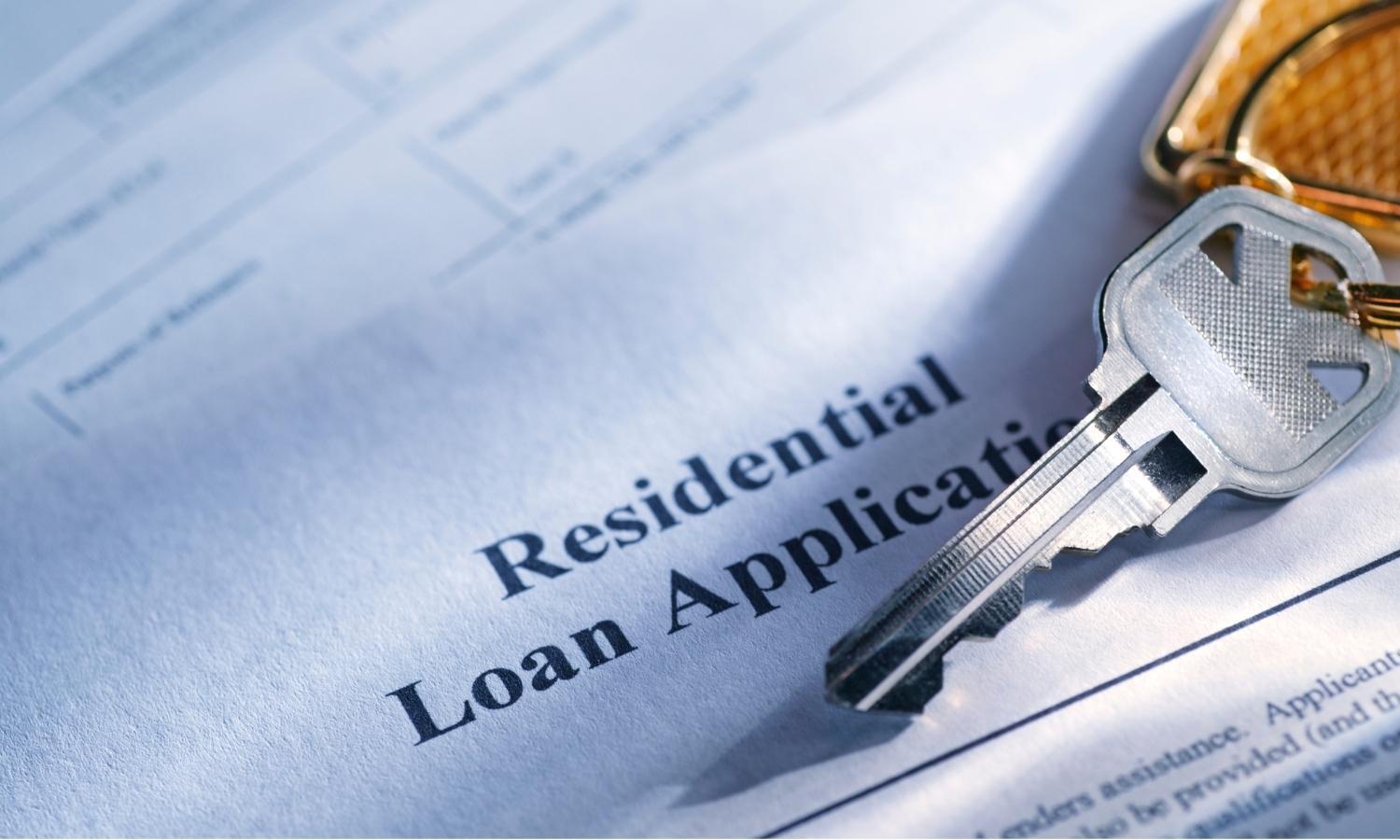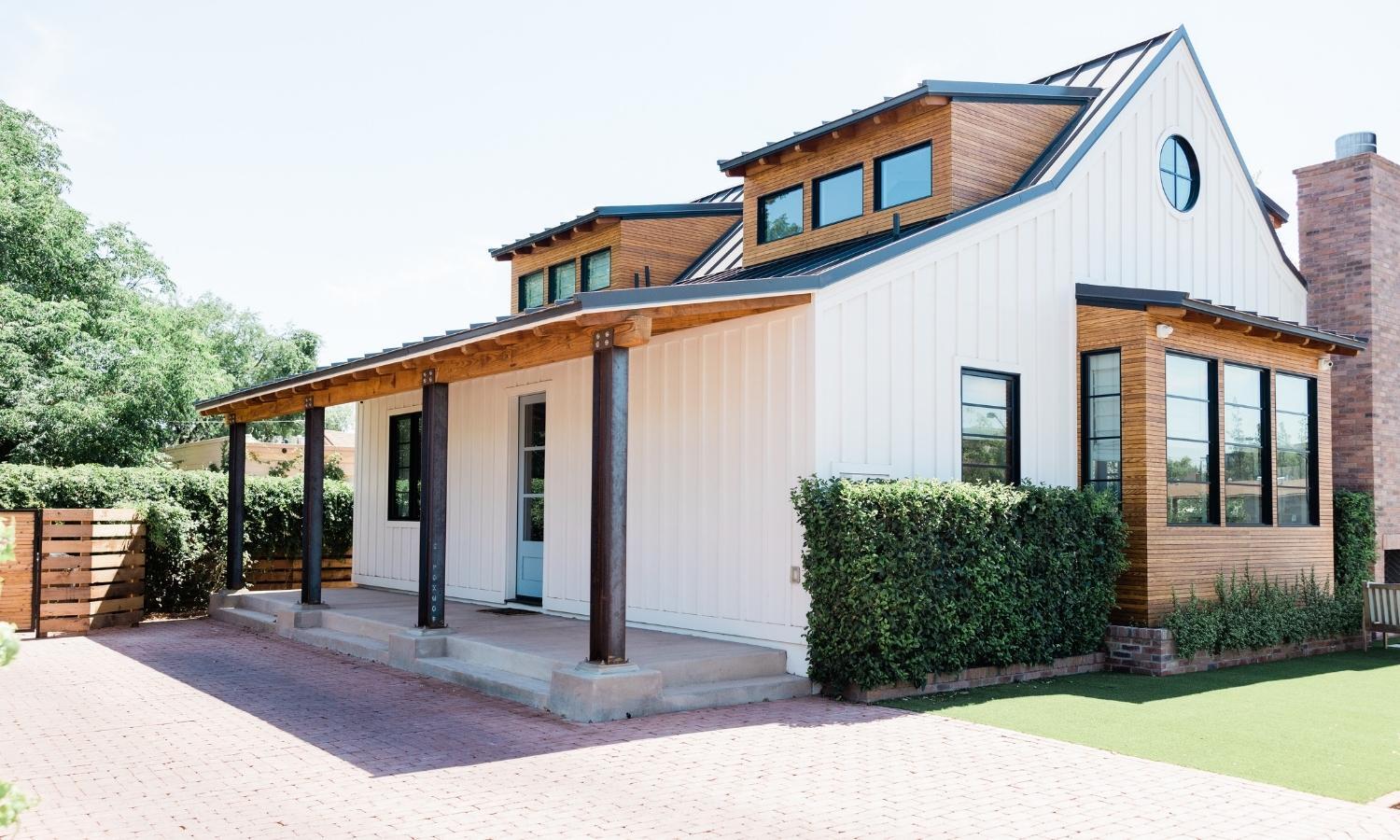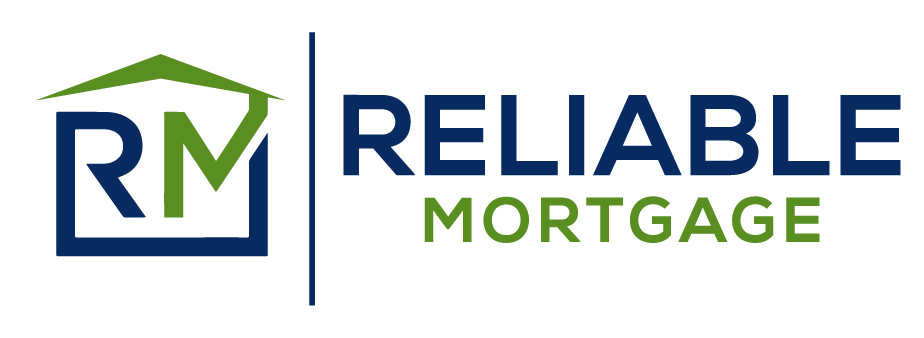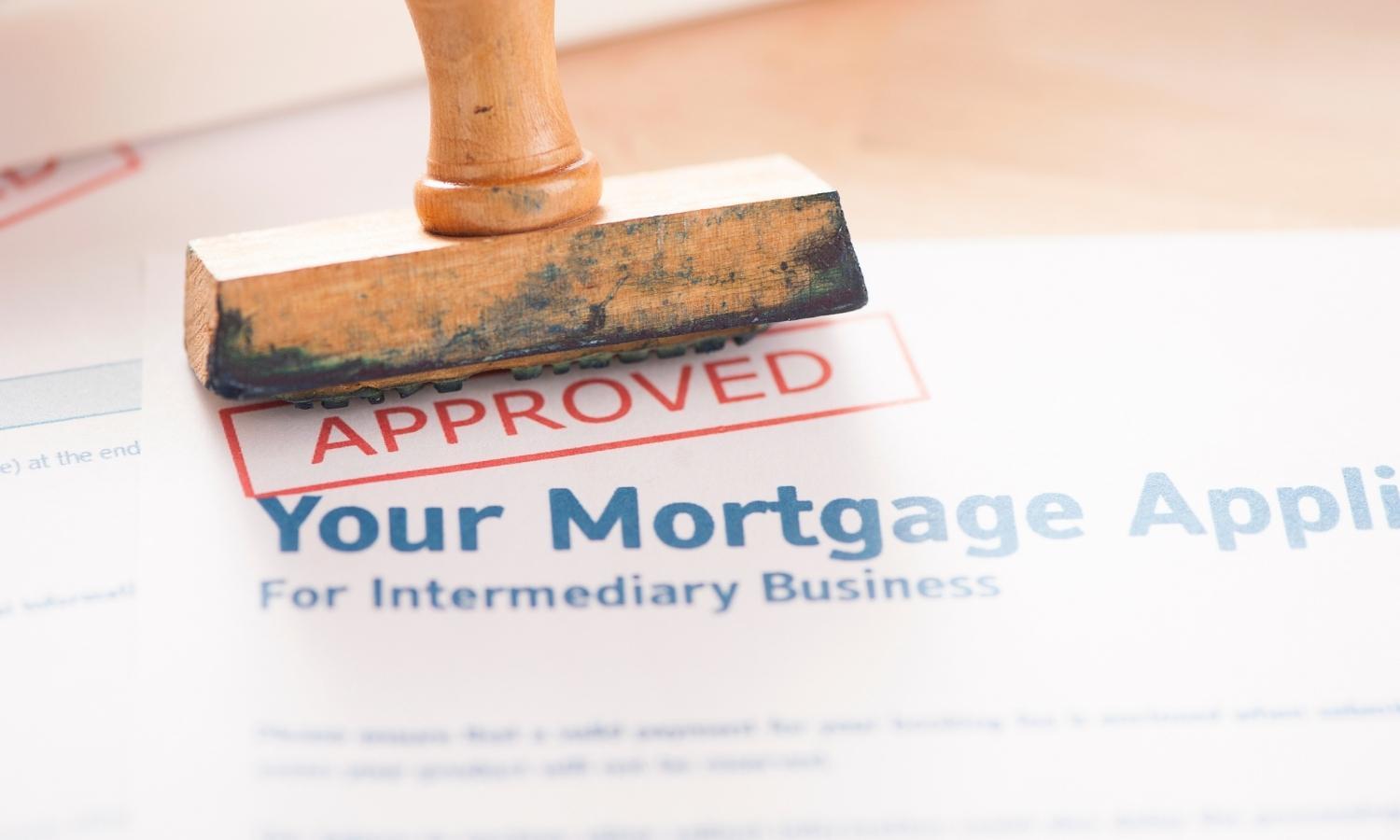Call/Text Us: 706-250-2006
hablamos español
Conventional, FHA, and VA Loans: How They Work

When you're ready to buy a home, you'll likely need to obtain a mortgage. There are many different types of mortgages available, and each has its own benefits and drawbacks.
Conventional loans are the most common type of mortgage, and they're available through private lenders. These loans are the most common and are the ones people usually associate with requiring 20% down. While this is preferable to avoid mortgage insurance, first-time homebuyers can actually put as little as 3% down, and other homebuyers can go down to as low as 5%.
FHA loans are insured by the Federal Housing Administration and are available through approved lenders. These loans often come with lower interest rates and down payments as low as 3.5% but have the downside of requiring mortgage insurance for the life of the loan. Therefore, these loans will often be refinanced once the borrower is able to qualify for a conventional loan and they have 20% or more in equity.VA loans are guaranteed by the U.S. Department of Veterans Affairs and are available to eligible military borrowers. These loans typically have low-interest rates and no down payment is required. When you're considering a mortgage, it's important to compare these common options (as well as other loan types) and choose the loan that's right for you.
What is a conventional loan?
A conventional loan is a type of mortgage that is not backed by a government agency. Instead, it is issued by a private lender, such as a bank or credit union. Conventional loans are available in both fixed-rate and adjustable-rate varieties, and they typically require a down payment of 20% to avoid mortgage insurance but can be as low as 5%, or even 3% for first-time home buyers.
Because conventional loans are not insured by the government, they tend to have stricter eligibility requirements for the borrower than other types of loans. For example, borrowers may need to have a better credit score and a lower debt-to-income ratio than some of their government-regulated counterparts in order to qualify. In addition, conventional loans typically have higher interest rates than government-backed loans. However, they are often the preferred option for borrowers who meet the eligibility requirements.

Benefits of a Conventional Loan
There are several benefits of a conventional loan, including:
- Stable monthly payments: Conventional loans have fixed interest rates, so your monthly payments will stay the same for the life of the loan. This can help you budget and manage your finances more effectively.
- Flexible terms: Conventional loans offer terms between 10-30 years. This allows you to choose a loan term that best meets your needs.
- Potentially lower monthly payments: Because conventional loans are not insured by the government, they may offer higher interest rates than other types of loans, but might sometimes still offer lower monthly payments depending on the circumstances of the loan
- No PMI required: Private mortgage insurance (PMI) is typically required for borrowers who put less than 20% down on their homes. However, with a conventional loan, you can avoid this extra expense by putting down 20% or more.
Drawbacks of a Conventional Loan
There are also some drawbacks of a conventional loan to consider, including:
- Stricter eligibility requirements: You may need a good credit score and a low debt-to-income ratio in order to qualify for a conventional loan. This can make it difficult to obtain this type of loan if you don't have great credit.
- Higher interest rates: Since conventional loans are not backed by the government, mortgage lenders often take on more risk, so they often charge higher interest rates to account for that risk. This can make them more expensive over the life of the loan, but this can be offset easily compared to some other loan options by getting rid of PMI
- Private Mortgage Insurance (PMI): As mentioned above, if you put less than 20% down on your home, you may be required to pay PMI. This can add to the overall cost of your loan, but it drops off once you hit a specific threshold in loan-to-value (LTV)
How to Qualify for a Conventional Loan
In order to qualify for a conventional loan, you will need to have a good credit score and a steady income. You will also need to have a down payment of at least 5% (3% for first-time home buyers) of the purchase price of the home. If you do not have a down payment, you may still be able to qualify for another loan option, such as a government-backed loan, such as FHA or VA loans, which may require a smaller down payment. Whichever route you decide to take, getting a loan is a big decision, so make sure to speak with your broker concerning all of your options and which is best for you.

What is an FHA loan?
FHA loans are a type of mortgage that is insured by the Federal Housing Administration. This government agency provides insurance for loans made by lenders, in order to protect them from default. Because of this insurance, lenders are able to offer FHA loans with lower down payments and interest rates, as compared to conventional loans (with the exception of first-time homebuyers who only need a 3% down payment on a conventional loan)
FHA loans can be used by both first-time homebuyers and repeat buyers, in order to purchase either a single-family or multi-family home. In addition, FHA loans are available for both new construction homes and existing homes.
Benefits of an FHA Loan
There are several benefits to an FHA loan, including
Low down payment: You can put as little as 3.5% down on your home with an FHA loan. This can make it easier to purchase a home, especially if you don't have a lot of cash saved up for a down payment.- Flexible credit requirements: You can still qualify for an FHA loan if you have less-than-perfect credit. This can make it easier to qualify for a loan than with a conventional mortgage.
- Lower interest rates: FHA loans often come with lower interest rates than conventional loans. This can save you money over the life of the loan.
Drawbacks of an FHA Loan
There are also some drawbacks to consider before taking out an FHA loan, including:
- Upfront Mortgage Insurance Premium (MIP): All borrowers who take out an FHA loan have to pay an upfront MIP. This premium is 1.75% of the loan amount and can be rolled into the loan.
- Annual Mortgage Insurance Premium: In addition to the upfront MIP, borrowers also have to pay an annual premium. This premium is calculated as a percentage of the loan amount and is paid monthly. This can sometimes result in the monthly payment being higher than that of a comparable conventional loan. The biggest downside, though, is that this MIP does not drop off for the life of the loan.
- Potentially high-interest rates: Although FHA loans generally have lower interest rates than conventional loans, they can still be quite expensive if you have a low credit score. This is because lenders may charge a higher interest rate to offset the risk of default.
How to Qualify for an FHA Loan
First, you’ll need a steady income and a good credit score. The minimum credit score for an FHA loan is 580, but that does not guarantee you will get approved, so the better your score, the better your chances and interest rate will be. You’ll also need to have a down payment of at least 3.5%. The money for your down payment can come from savings, a gift from a family member, or borrowing against your assets (such as a 401k); it doesn’t necessarily have to be money you already have in the bank.
Next, you’ll need to show that you can afford the mortgage payments. To do this, lenders will look at your debt-to-income ratio (DTI). This is the percentage of your monthly income that goes towards paying debts like credit cards, student loans, and car payments. Each loan has a DTI threshold, and FHA has the most lenient, but it is still a good idea to keep it as low as possible. Lastly, you’ll need to prove that you have a reliable income. Lenders will want to see pay stubs, tax returns, and other documentation to show that you have a steady income. If you’re self-employed, you’ll need to provide even more documentation to prove your income, such as your last two years of business tax returns.

What is a VA loan?
A VA loan is a mortgage loan that is guaranteed by the U.S. Department of Veterans Affairs (VA). The loan is available to eligible veterans, active-duty service members, and their surviving spouses. The VA does not actually lend the money for the loan; instead, it guarantees a portion of the loan, which protects the lender from a loss if the borrower defaults on the loan. VA home loans are available from many different lenders, including banks, credit unions, and mortgage companies. The VA also offers a veterans housing assistance program, which helps veterans with limited incomes to purchase homes.
Benefits of a VA Loan
There are several benefits to a VA loan, including:
- No down payment: You don’t need a down payment to qualify for a VA loan. This can make it easier to purchase a home, especially if you don’t have a lot of cash saved up for a down payment.
- No private mortgage insurance (PMI): You don’t have to pay PMI with a VA loan. This can save you money every month on your mortgage payments.
- Lower interest rates: VA loans often come with lower interest rates than conventional loans. This can save you money over the life of the loan.
Drawbacks of a VA Loan
There are also some drawbacks to consider before taking out a VA loan, including:
- Limited to certain applicants: You must be a veteran, active-duty service member, or the spouse of one to qualify for a VA loan. This can make it difficult for some people to qualify.
- Potential funding fee: Borrowers who take out a VA loan may have to pay a funding fee. The amount of the fee varies depending on your military status, whether you’re making a down payment, and whether you’ve used a VA loan before.
- Rates and terms may vary: Interest rates and loan terms can vary depending on the lender you use. Be sure to compare rates and terms from multiple lenders before choosing a VA loan.
How to Qualify for a VA Loan
Veterans and active-duty military personnel are eligible for VA loans, which offer a number of benefits including low-interest rates and no down payment. To qualify, you must have a satisfactory credit history, sufficient income to cover the monthly loan payments, and a valid Certificate of Eligibility from the VA. You can obtain a Certificate of Eligibility by completing an online application, or by contacting the VA directly.
Once you have obtained a Certificate of Eligibility, you can begin shopping for a lender who participates in the VA loan program. When you have found a lender, you will need to complete a loan application and provide documentation of your income, assets, and debts. The lender will then review your application and determine whether you qualify for the loan. If you do qualify, the loan will be processed and funded by the VA.

Choose the Best Loan for Your Needs
There are many factors to consider when choosing a loan. The first is the interest rate. loans with lower interest rates will save you money in the long run but may have higher monthly payments. You'll also want to consider the term of the loan, or how long you have to pay it back. A longer term will mean lower monthly payments, but you'll pay more in interest over time.
You should also think about whether you want a fixed-rate or variable-rate loan. With a fixed-rate loan, your interest rate will stay the same for the life of the loan. This can give you peace of mind, knowing what your payments will be each month. However, with a variable-rate loan, your interest rate may change over time. This could cause your payments to go up or down, which could make it difficult to budget for your monthly expenses. When choosing a loan, it's important to compare offers from multiple lenders and choose the one that best meets your needs.
Find the Best Loans with Reliable Mortgage
If you're looking to obtain a loan, Reliable Mortgage is the best brokerage in Georgia. We have a wide variety of loans to choose from and offer some of the most competitive rates in the industry. We also have a team of experienced and knowledgeable loan officers who are always available to answer any questions you may have. Whether you're looking for your first home purchase, or you’re an experienced real estate investor, Reliable Mortgage should be your first choice. We have the experience and expertise to get you the best mortgage loan possible. Contact us today and see for yourself why we're one of the best mortgage brokers in the business.
(706) 250-2006
bsanchez@nexamortgage.com
NEXA Mortgage
3100 W Ray Road #201 Office #209
Chandler, AZ 85226
Copyright © 2023 · NEXA Mortgage LLC · Company State License# AZMB - 0944059






